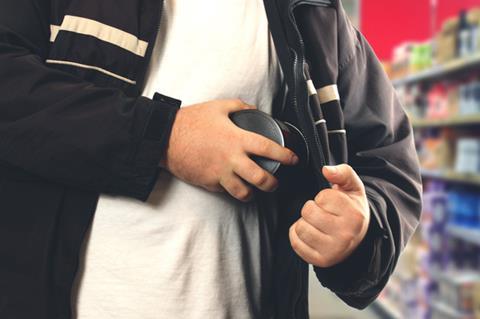
Representatives from the retail industry have given evidence to the Home Affairs Select Committee, highlighting the human impact of crime on local shops.
The Home Affairs Select Committee is taking evidence from the retail sector and police forces as part of its inquiry into violence and abuse against retail workers.
The full panel that provided evidence to the committee on behalf of the retail and wholesale sector was Edward Woodall (Association of Convenience Stores), Paul Gerrard (Co-operative), Lyndsey Cambridge (Federation of Wholesale Distributors) and Joanne Cairns (Union of Shop, Distributed and Allied Workers).
During the session, they highlighted the challenges retailers face when reporting crime to the police, particularly in light of the increasing spike in prolific and organised retail crime.
The evidence session follows a report published by the Committee in 2021 which found that ‘the policing response to rising crime is failing to match the rising tide of violence and abuse against shop workers.’
Moreover, speaking during the session, Paul Gerrard revealed that crime was up by 44% in his 2500 store estate meaning ” there’s a 1000 crime every day in our stores across the UK,” he said.
Speaking during the session, ACS Government Relations Director Edward Woodall explained that the biggest driver of the rise in violence and abuse is down to an increase in shop theft being committed by prolific offenders who often have other issues like addiction that are fuelling those crimes.
He said: “As a sector, we’ve made £339m of investment in crime prevention measures in stores, much of which is designed to help colleagues feel supported both in store and after an incident occurs, and which is ultimately designed to stop those incidents occurring in the future.”
Gerrard demonstrated the extent of crimes retailers face: “It could be a colleague who couldn’t do cash back because the customer had paid by contactless. The customer came round to the kiosk, smashed the kiosk door down, punched my colleague three times in the face. My colleague was hospitalised, off work and has only just come back.”
During the session, Lyndsey Cambridge called for wholesalers to be included under the plans to make assualt on a shopworker a specific offence. “Our biggest ask for you today is that the new standalone offence extends into wholesale. We really need that in black and white.”
While Joanne Cairns told the audience that retail crime is nothing new to the trade union: ”We launched out freedom from fear campaign in 2003. This is not a new issue for us but what we have seen in recent years is that the scale and seriousness of incidents has been heightened. We are seeing that increase in crime from organised gangs is drivign those incidents of abuse threats and violence.”
All representatives highlighted their efforts to prevent retail crime and protect shop workers from abuse.
Woodall added: “Our main recommendation to make a difference going forward is to ensure that when Police and Crime Plans are published by Police and Crime Commissioners, that those plans include commitments on retail crime and detail on how local forces are going to be delivering the measures set out in the Retail Crime Action Plan.”
The session was followed by a panel representing the police, including evidence from Superintendent Patrick Holdaway (National Business Crime Centre), Chief Superintendent Alex Goss (National Police Chiefs Council) and Chief Constable Amanda Blakeman (National Police Chiefs Council).
You can watch the evidence session here.
















![Dhamecha logo[62]](https://d2dyh47stel7w4.cloudfront.net/Pictures/380x253/5/9/2/327592_dhamechalogo62_162779_crop.png)
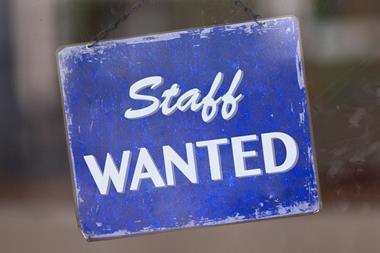
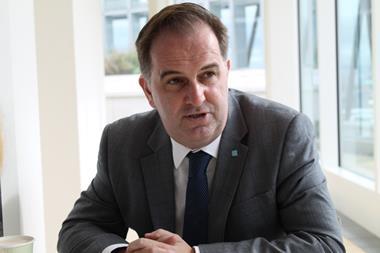

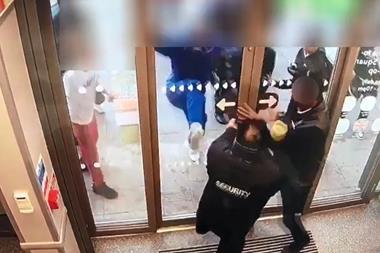
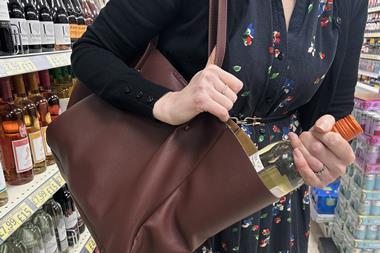





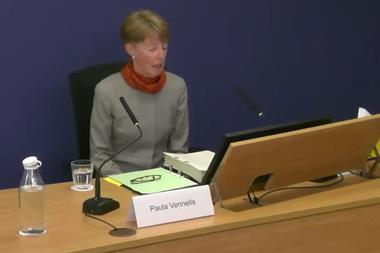
No comments yet